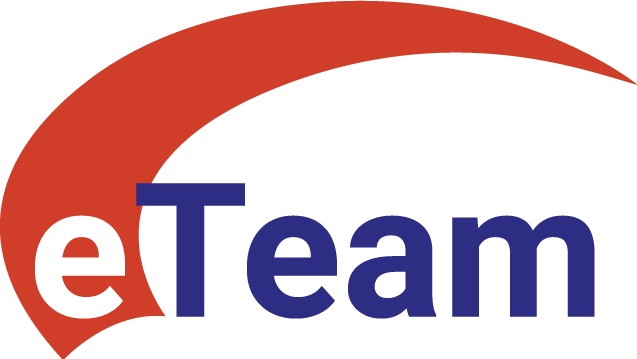- Certified Diversity and Security Cleared Organization | GDPR Compliant
Incorporating Sexual Harassment Prevention Into Your Contingent Workforce Program
Last updated on April 26th, 2023 at 04:02 pm
The flood of high-profile sexual harassment allegations in recent weeks is not only disturbing, they remind us that staffing firms, MSPs and their clients must work together and present a united front to prevent offensive behaviors in the workplace.
As the employer of record, staffing firms are responsible for training their contingent workers, however some courts have found that agencies and their clients are joint employers in cases involving sexual harassment. (In case you need a refresher on sexual harassment, here is a brief overview).
In fact in the eyes of the EEOC, the employment status of the harasser and their relationship to the victim is irrelevant. Since Title VII applies to line managers, company employees, contingent workers or even visitors and customers, leaders across the supply chain need to take an active role in clearly communicating that sexual harassment toward anyone will not be tolerated.
With 42 percent of workers in flexible jobs experiencing unwanted sexual advances in the workplace, trouble could be brewing. Here are four ways to incorporate sexual harassment prevention into your managed contingent workforce program.
Preventative Steps
Provide Training for all Contingent Workers
Sexual harassment prevention starts with consistent delivery of relevant education, awareness, and in some cases, a change in behavior. An effective curriculum defines the boundaries, complies with specific state laws and uses modern techniques to teach workers what behaviors are and aren’t acceptable in terms of verbal or physical conduct or quid pro quo harassment.
Regrettably, a 2016 report by the EEOC revealed that many sexual harassment training programs are ineffective because they haven’t been revised in years. For program managers, this is an opportune time to ask your staffing suppliers if they have any new training methods or practices that would benefit their contingent workers and your client.
Of course, host employers should make sure that their managers receive periodic training so that they supervise workers appropriately, set the right example and prevent retaliation or interference if an employee complains.
Create a Separate Policy and Sign Off
Polices on sexual harassment may be overlooked or seen as insignificant if they are buried in an employee handbook. Having a separate sexual harassment policy and sign-off for contingent workers emphasizes the importance of compliance, invites questions and creates a deterrent by communicating a zero tolerance standard up front.
Among other things, a well-crafted policy typically contains a definition of harassment, examples of prohibited conduct, the rights of the company and employees and potential disciplinary actions.
While it’s up to the agency to bring the policy to the attention of the contingent worker before placing them on an assignment, creating a strong culture of compliance and mutual respect is truly a shared responsibility.
Investigate Complaints Quickly
Establishing an effective, helpful investigative process that deals with complaints promptly is another way to convey the gravity of the situation. Plus, the actions taken after a worker alleges harassment can be crucial in limiting potential liability.
Although a collaborative effort is needed between staffing partners and clients, the client usually takes the lead in conducting the investigation since they have access to employees who may have witnessed the alleged event. Their mutual goal is to conduct a fair, confidential and thorough investigation, no matter who is involved. Moreover, to minimize the likelihood of future incidents, both parties must agree to take action to stop the unwanted behaviors.
Leverage the Power of HR
Studies show that many contingent workers choose not to report wrongful behavior for fear of losing their jobs or because their agency doesn’t have an HR department. Roaming professionals who are unfamiliar with an organization and culture may not know who to report harassment allegations to.
Agencies that have an HR professional on staff provide these benefits and more to help your client avoid sexual harassment claims. A trained professional serves a go-to resource who facilitates communication regarding potential issues and suggests corrective actions.
Most importantly, HR can offer agency employees communication tips or conflict resolution skills that can help nip sexual harassment in the bud. As the proverb says: “If you put in a little effort to prevent a problem, you will not have to put in a lot of effort to solve the problem.”
Pooja Maggon

